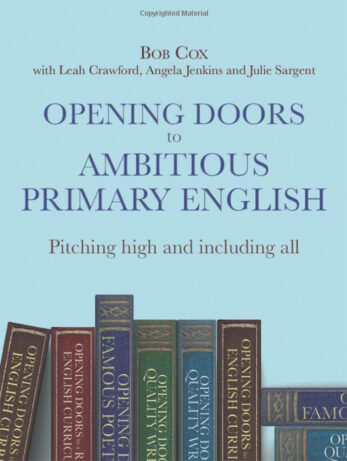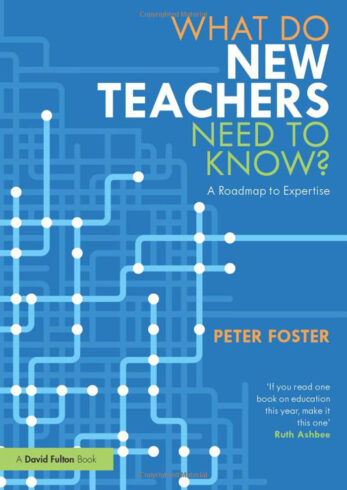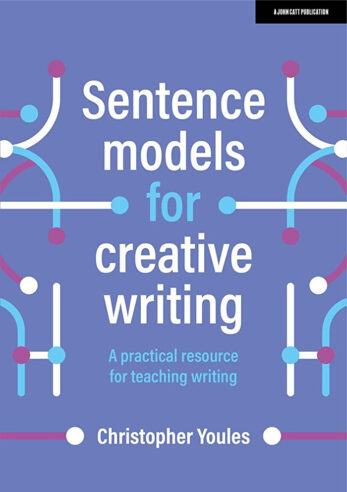Frost/Nixon
This week’s conversation continued to be dominated by the fallout from Phil Beadle’s critique of Teach Like A Champion classroom strategy, SLANT.
The row, which started with a blog by Beadle (see last week’s The Conversation) culminated in Beadle terminating a podcast interview with Teacher Talk Radio podcast host, Tom Rogers. But it fizzled on for days, including posts by Doug Lemov himself. His three-part blog, ‘Phil and Me’ has since disappeared from his website, but his latest thoughts on SLANT remain.
Twitter user, James Theo has a way of finding the joke in these Twitter spats. He struck again this week, lampooning the importance given to the whole situation.
Titanic
All the furore over pedagogy felt a little like worrying about the state of the deckchairs on a sinking ship as Schools Week revealed the full extent to which schools are having to fill the gaps left by significant cuts to public services.
None of this will come as a surprise to anyone working in education. However, we should not lose our sense of shock and concern that all this is taking place in the sixth-largest national economy in the world by GDP.
NHS data show that there is now one school nurse for every for every 11 schools, down from one for every seven schools in 2010. A Royal College of Speech and Language Therapy (RCSLT) report published last month showed vacancy rates for speech and language therapists had reached an average of 25 per cent. And a children’s social work workforce report published in February showed vacancies had gone up by 21 per cent from 2021. They stand at 7900 (FTE).
So much for the much-vaunted and completely fictional ‘headroom’ that government keeps stating is in place in school budgets to allow for unfunded pay rises. What little headroom there is, is being swept up undertaking ever more complex tasks around safeguarding and meeting mental health and special educational needs that should be met by other specialist or statutory services.
Meanwhile, among reams of statistics showing how badly the recruitment of teachers has been for the past ten years, one tweet in particular caught my eye this week. Echoing the vacancy crisis in children’s social work, it indicates a pattern in the DfE’s handling of recruitment and retention. More than that, it accurately depicts an issue that is keeping leaders in schools up and down the country awake at night.
According to a 2020 OECD report, the UK already stood fifth from bottom of the table for teacher-to-pupil ratios, ahead only of the Netherlands, Chile, Brazil and Mexico. Two years on, we have to wonder how bad things have to get before government starts to be honest about the quality of education schools can continue to provide.
A new hope
But continue we must, and it would be wrong to dismiss pedagogical approaches out of hand as part of the solution. Ignoring Twitter’s sideshow of acrimonious dispute, I found this two-part blog on school improvement by Education for the 21st Century’s chief executive, Simon Garrill informative and thought-provoking.
Hosted by the Confederation of School Trusts, Garrill’s blog outlines his trust’s journey against the backdrop of a financial notice to improve. The trust’s success, he explains, has been predicated on an approach “centred on judging lesson quality rather than supporting teachers to improve”.
In the first part, Garrill describes developing a culture of openness to feedback and commitment to ongoing development as “a key challenge”. In the second, he goes on to outline the specific steps the trust took to overcome these challenges and to transform its culture ‘from proving to improving’.
I will certainly be considering this approach for implementation in my own organisation as I wrestle, alongside every other school and trust leader, with an increasingly complex pupil population, reduced funding and a paucity of support caused by the generalised underfunding of public services.







Your thoughts